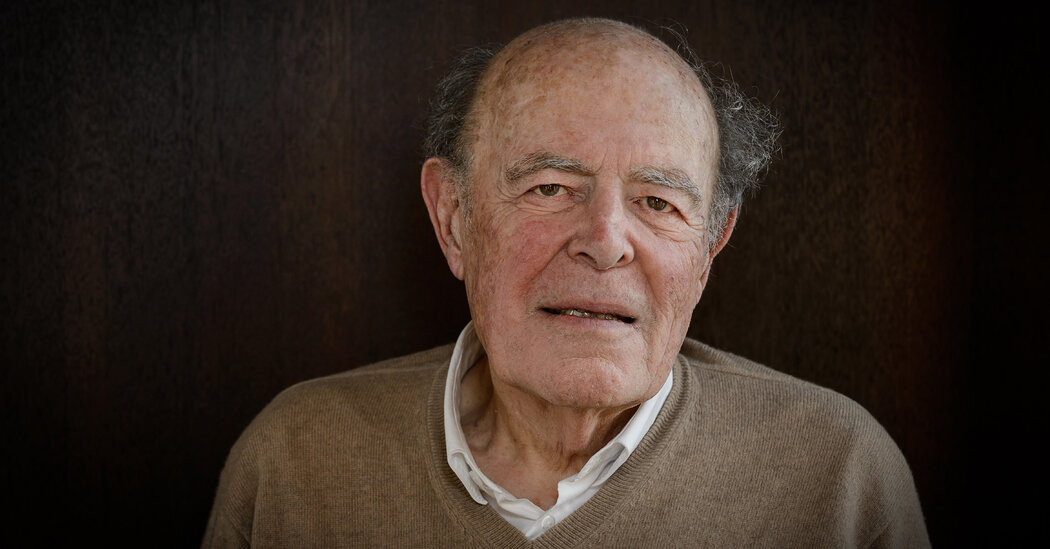

He was best-known for “The Sorrow and the Pity,” a landmark film that debunked ideas of vast French resistance to the Nazi occupation.
Marcel Ophuls, the German-born filmmaker whose powerful documentary “The Sorrow and the Pity” exploded the myth of widespread French resistance to the Nazi occupation during World War II, has died. He was 97.
Mr. Ophuls died on Saturday, Agence France-Presse news agency reported on Monday, citing a statement from his grandson Andreas-Benjamin Seyfert. The agency did not provide a cause of death or say where he had died. Mr. Seyfert could not immediately be reached for comment.
Mr. Ophuls had directed several minor feature films before vaulting to fame in 1969 with “The Sorrow and the Pity,” his four-and-a-half-hour documentary on wartime Clermont-Ferrand, an industrial city located almost at the center of France. In a dispassionate, incisive style, he interviewed shopkeepers and farmers, bankers and entrepreneurs, teachers and lawyers who either collaborated with the Nazis and the Vichy regime or actively resisted the occupation — but who in most instances had turned a blind eye to the roundups of Jews and anti-Nazis.
When the film was first shown in Paris cinemas, it was met with shock, outrage and tears. It stripped away the myth — fostered by Charles de Gaulle when he returned to France with the victorious Allied armies in 1944 — that a vast majority of his compatriots were either open or secret supporters of his resistance movement.
Originally produced for television, “The Sorrow and the Pity” was banned from French airwaves until 1981. Conservative politicians denounced Mr. Ophuls, calling his work a “prosecutorial film” that unfairly portrayed the French as cowardly or worse. “It doesn’t attempt to prosecute the French,” Mr. Ophuls insisted in a 2004 interview with The Guardian newspaper. “Who can say their nation would have behaved better in the same circumstances?”